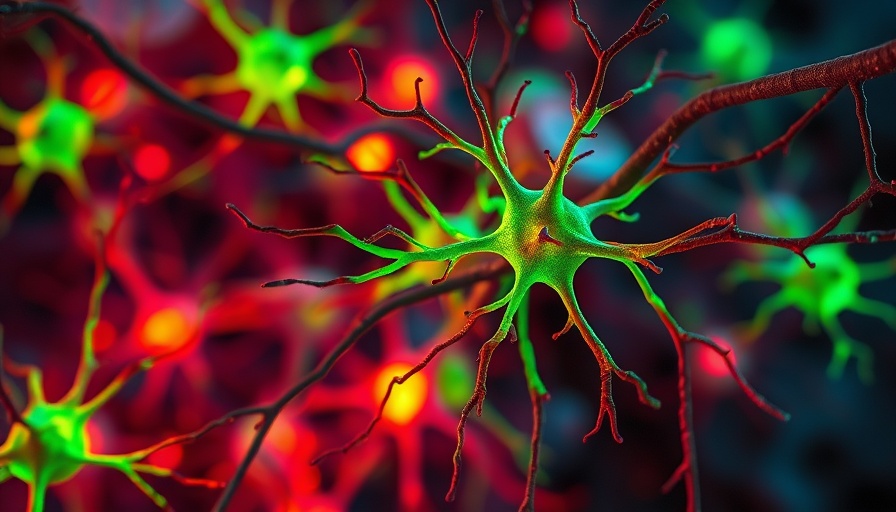
Understanding Alcohol Use Disorder in Women
Alcohol use disorder (AUD) is increasingly recognized as a public health issue, especially among women. Recent research published by the Yale School of Medicine highlights a troubling trend: women with AUD suffer brain immune system deficits faster than their male counterparts. This finding raises critical questions about the long-term health impacts of alcohol consumption, particularly for women.
The Role of Microglia in Brain Health
The brain's immune system is primarily managed by cells called microglia, which are essential for maintaining cognitive function and repairing potential damage. Interestingly, women naturally have a higher baseline level of microglia than men, suggesting that their brains may be more reactive to injury or inflammation. However, the Yale study indicates that excessive alcohol consumption can deplete these cells in women faster than in men, leading to cognitive decline and other health issues.
The Consequences of Untreated AUD
Women drinking alcohol may experience deterioration in cognitive abilities more severely than men, even at lower levels of consumption. This is particularly alarming considering that the prevalence of AUD has been rising among women. The report from Yale stresses the importance of early intervention, advocating for increased awareness and treatment options tailored specifically for women. Understanding the different biochemical and physiological reactions can also guide future research and treatment strategies.
What This Means for Health and Wellness
The implications for community health and wellness are significant. As low alcohol consumption continues to be normalized in social settings, particularly among women, public health initiatives must address this growing trend. Promoting optimal health and wellness includes educating both men and women on the differences in how alcohol affects their health. Awareness events, workshops, and accessible resources such as health and wellness centers can help combat misinformation surrounding alcohol consumption.
Exploring Alternatives: Lifestyle Medicine and Naturopathy
As traditional methods of addressing AUD may not resonate with everyone, alternative approaches like lifestyle medicine and naturopathy are gaining traction. These approaches focus on holistic health and wellness, emphasizing diet, exercise, and mental well-being. For those struggling with AUD, turning to naturally healthy foods, nutritional supplements, and herbal remedies may offer supportive options to combat alcohol's adverse effects.
Community Initiatives Supporting Women’s Wellness
In cities like San Antonio, community health and wellness businesses are stepping up to provide resources specifically targeting alcohol-related issues among women. Events promoting healthy living—whether they're workshops on natural therapies or community discussions about wellness—can create a supportive environment for those seeking help. Engaging in local health and wellness events can empower individuals to make informed lifestyle choices.
Future Directions and Conclusions
As research into alcohol use disorder evolves, it's crucial to continue advocating for gender-specific approaches in treatment and education. As noted by experts, early intervention and awareness can play significant roles in mitigating the harmful effects of alcohol on women's health. By fostering a community that champions health and wellness, we can work towards reducing the incidence of AUD and promoting healthier lifestyles.
To create a healthier future, it's important for individuals to take action by seeking knowledge about their health and wellness options. Whether it’s attending educational workshops or consulting natural health practitioners, every step counts in making informed choices that prioritize well-being.
 Add Row
Add Row  Add
Add 




 Add Row
Add Row  Add
Add 


Write A Comment